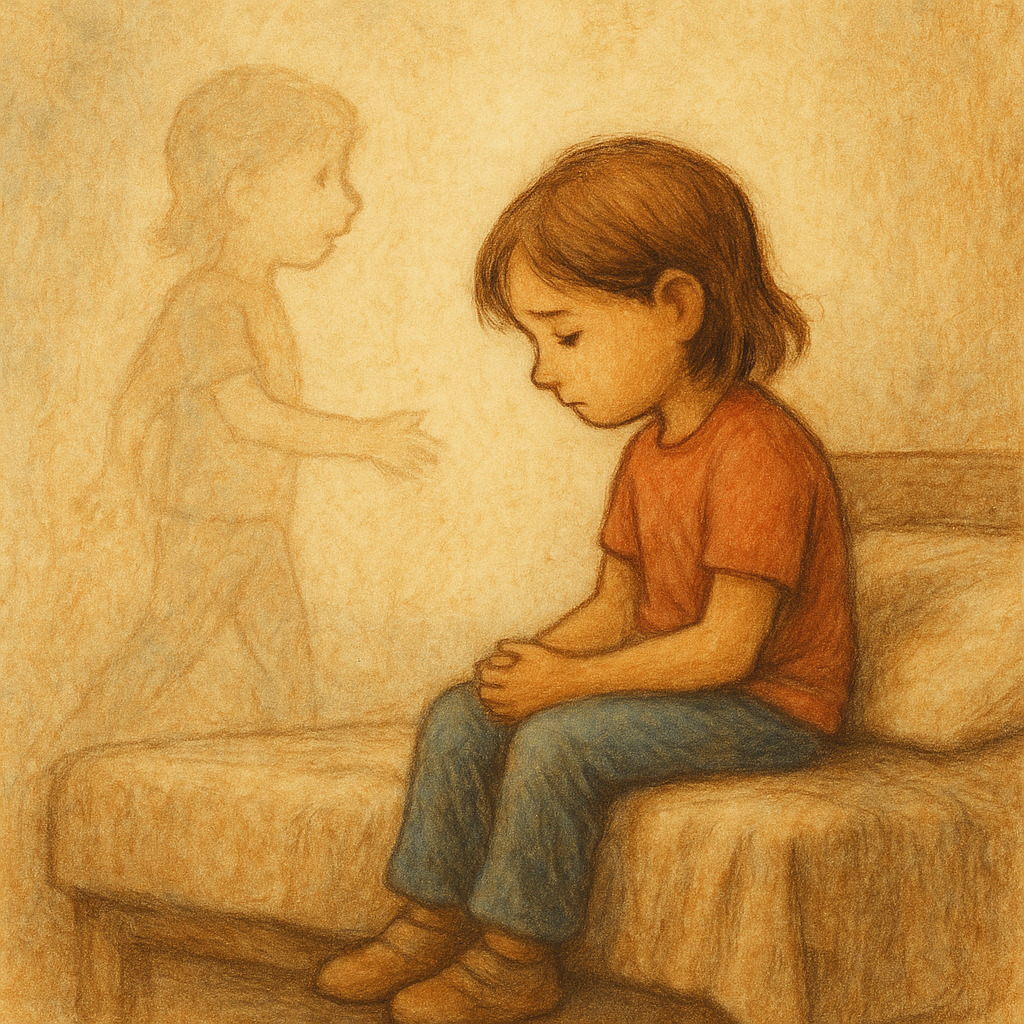🧠 Childhood Dementia: when dementia strikes children
🌟 A surprising name
When we hear the word dementia, we immediately think of the elderly and diseases like Alzheimer’s. Yet, there is a form that affects children: childhood dementia. It is not a single illness, but an umbrella term covering over 100 rare genetic diseases that gradually cause children to lose previously acquired skills, such as speaking, walking, or remembering.
🧬 The hidden causes
At the root of childhood dementia there are almost always genetic mutations. These defects prevent brain cells from functioning properly:
-
toxic substances accumulate,
-
key enzymes are missing,
-
the brain slowly stops working as it should.
Among the most well-known conditions are Batten disease, Sanfilippo syndrome, and Niemann-Pick disease type C.
⏳ A painful regression
Childhood dementia is often described as a “reverse journey”:
-
a child who once spoke begins to forget words,
-
someone who used to run can no longer do it,
-
seizures, memory problems, and motor difficulties appear.
It is as if time itself is being rewritten backwards.
🏥 Treatments and research
Sadly, there is no definitive cure today. Treatments are mostly supportive: anti-seizure medications, physiotherapy, nutritional support, and mobility aids.
However, research is progressing: gene therapies and enzyme replacement therapies are opening new hopes for some forms of childhood dementia.
💔 A future to rewrite
Childhood dementia drastically reduces life expectancy. Some children do not survive past adolescence, while others live longer but with severe disabilities. For families, it is a difficult journey, filled with courage, love, and the struggle to access care and support.
🌍 Why raising awareness matters
Childhood dementia is rare and little-known, and therefore often invisible. Talking about it means:
-
giving families a voice,
-
supporting research,
-
spreading awareness.
Every story, every share, brings us closer to a future where the word cure will no longer be just a distant dream.








Leave a Comment